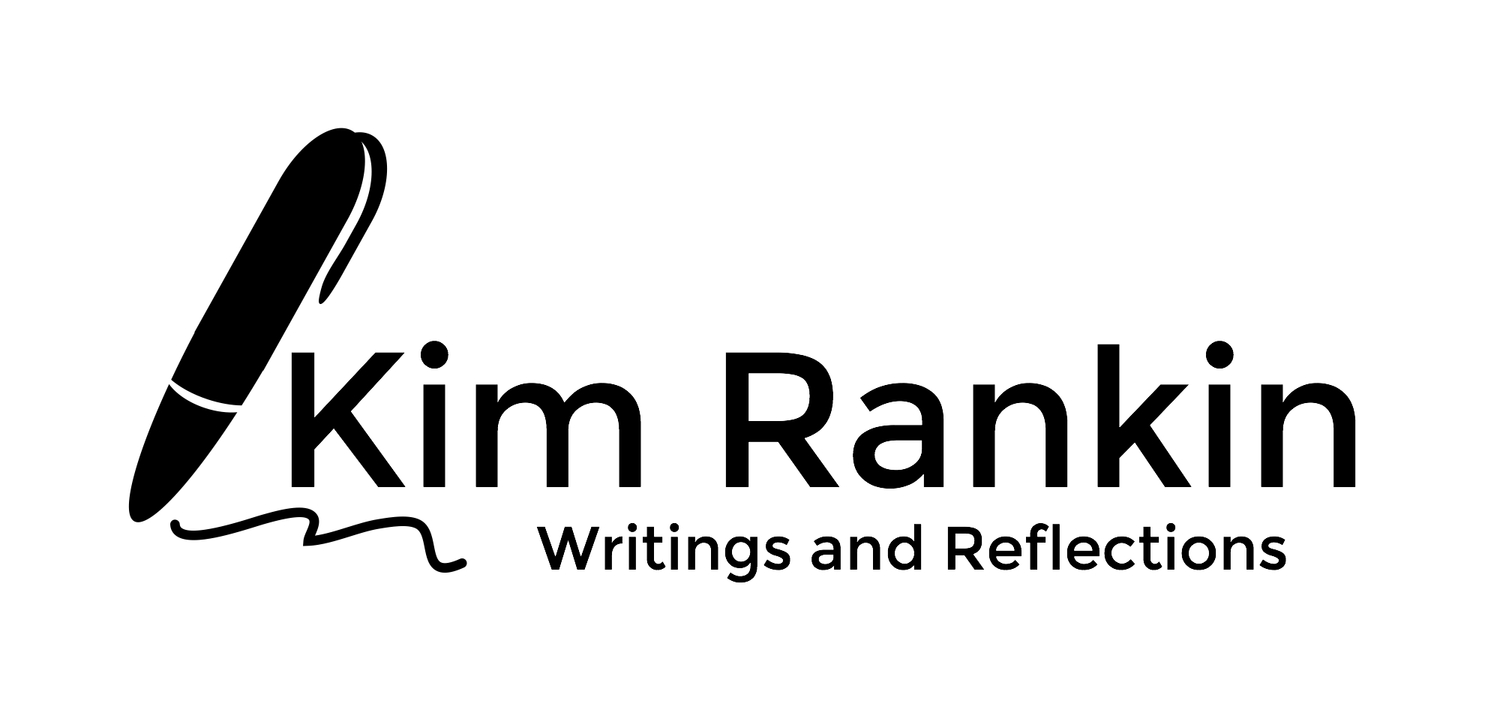We are home from the swallow study. The waiting over. We have results.
Nathaniel is aspirating. He aspirated thin fluids and thickened fluids. Given the study results, the radiologist and speech pathologist conducting the test were not willing to try food. It can be assumed Nathaniel is also aspirating food. Rich and the boys have asked good questions. Here are some of their questions and the answers.
Did the test explain how he is aspirating?
Yes. We were able to see fluid collect around and slide under the epiglottis. Fluid then collected between the epiglottis and the stenosis/webbing in Nathaniel's vocal cords. With one sip, the fluid stayed in this area probably due to the significant degree of stenosis. The stenosis prevented immediate aspiration. With subsequent sips, a larger amount of fluid collected between the epiglottis and the larygeneal webbing/stenosis. It appeared that increase of fluid then forced fluid through that pin hole opening of stenosis, down Nathaniel's trachea, and into his lungs.
Did the test show why he is aspirating?
No. But assumptions were made. It appears that during his swallow, which is very strong, Nathaniel's epiglottis is not completely closing off the trachea. Epiglottis too small? Too slow? Due to other abnormalities of this area? Unknown. We know that Nathaniel's doctor has visually scanned this area with a camera and felt everything was normal. A lot has to trigger and happen in a swallow. Somehow in the process, Nathaniel's anatomy and function is allowing fluid to pass by the epiglottis. The radiologist and speech pathologist do not feel the problem is neurological, but anatomical.
What can be done?
Nothing. It is possible that when reconstruction surgery is done on the trachea this will resolve as a by-product of that correction. However the speech pathologist voiced a concern: the goal of trachea reconstruction surgery will be to open the trachea. The epiglottis is already not sealing with things abnormally small. She had no answers, just seemed to caution that I not count on trachea reconstruction surgery solving the aspiration problem.
So what does this mean for Nathaniel?
The speech pathologist's clinical suggestion is that Nathaniel not be fed orally, fluids or solids, until after trachea reconstruction surgery. At that point, a determination can be made when it would be appropriate to try a new swallow study to see if the aspiration has resolved.
Pause the Q and A.
It was at this point in today's experience, when the speech pathologist shared her recommendations, that I cried. If I have changed in one way since becoming Nathaniel's mom, it is the ability to cry in a room full of people while they all stare at me. Thankfully, everyone felt the full weight of the bad news.
Nathaniel will not start eating tomorrow. Or next month. Maybe not for years.
The most crushing part is that my sweet baby was all in today. He jumped back into eating and drinking like he had just devoured breakfast and lunch. When we experimented with eating in therapy services, he took puffs by the fistful and crammed them in his mouth as fast as he could. Once in radiology, even with his drink loaded down with barium, he cried in protest when I took his cup away. He signed 'more' and 'want' repeatedly. This little one did everything he was asked to do through months of therapy - he developed a desire to eat and developed strong eating skills.
But for now, Nathaniel will continue one hundred percent g-tube dependent.
So... anything else?
Unfortunately yes. Some additional bad news. From watching how his body works during a swallow, there is a strong likelihood that Nathaniel is aspirating saliva on a regular basis. This explains clinical symptoms we deal with in regards to secretions and suctioning needs. I can not even begin to process the full implications of this concern yet.




